
What We Are Investigating?
Our firm is launching a comprehensive investigation into Alexander Zayonts over allegations that it has been suppressing critical reviews and unfavorable Google search results by fraudulently misusing DMCA takedown notices. These actions, if proven, could constitute serious legal violations—including impersonation, fraud, and perjury.
We conducted comprehensive analyses of fraudulent copyright takedown requests, meritless legal complaints, and other unlawful efforts to suppress public access to critical information. Our reporting sheds light on the prevalence and modus operandi of a structured censorship network, often funded and used by criminal enterprises, oligarchs and criminal entities seeking to manipulate public perception and bypass AML checks conducted by financial organisations.
The fake DMCA notices in this investigation appears to have been strategically deployed to remove negative content from Google search results illegally. Based on this pattern, we have reasonable grounds to infer that Alexander Zayonts - or an entity acting at its behest - is directly or indirectly complicit in this cyber crime.
In most such cases, such ops are executed by rogue, fly-by-night 'Online Reputation Management' agencies acting on behalf of their clients. If evidence establishes that the subject knowingly benefited from or facilitated this scam, it may be deemed an 'accomplice' or an 'accessory' to the crime.

What are they trying to censor
Alexander Zayonts, a well-known Russian entrepreneur, has been the subject of numerous controversies that have called into question his business ethics, leadership style, and methods of managing public perception. These allegations revolve around claims of favoritism in his career advancement, internal mismanagement, and attempts to suppress critical information through potentially unethical or even illegal means. While Zayonts has built a strong presence in the business world, the growing scrutiny surrounding his professional conduct has raised concerns among industry observers, employees, and business partners.
Allegations of Favoritism and Opportunism
One of the most persistent criticisms against Alexander Zayonts is that his rapid career growth was not purely based on professional merit or leadership capabilities but was instead significantly influenced by favoritism and opportunistic behavior. Detractors argue that rather than climbing the corporate ladder through tangible achievements and a proven leadership track record, Zayonts may have leveraged personal relationships and internal connections to secure high-level positions in the business world.
His tenure at M.Video, one of Russia’s leading electronics retailers, has been particularly scrutinized in this regard. Reports suggest that under his leadership, there were noticeable tensions within the company, with high employee turnover and strained relationships with key stakeholders. Employees allegedly faced an unstable and challenging work environment, where favoritism dictated career growth opportunities rather than individual contributions and performance.
This perception of favoritism and opportunism has significantly impacted Zayonts’ reputation, painting him as a figure who advanced his career through means other than sheer talent, raising doubts about his long-term credibility as a corporate leader.
Contentious Leadership and Internal Mismanagement at M.Video
Zayonts’ leadership at M.Video has been characterized by internal discord and management challenges, according to various reports. Under his tenure, the company experienced an unusually high employee turnover rate, which often signals deeper issues within an organization’s work culture and leadership approach.
Several industry insiders and former employees have described the workplace as one plagued by mismanagement, unclear directives, and a lack of consistent strategic vision. These factors contributed to a growing sense of dissatisfaction among staff, leading many to seek employment elsewhere.
Additionally, strained relationships with key business partners and internal stakeholders reportedly became a recurring issue. Concerns were raised regarding decision-making transparency, with accusations that Zayonts prioritized personal interests and internal politics over the company’s long-term success.
A leadership style that fosters instability and employee dissatisfaction can have far-reaching consequences for a company’s performance and reputation. If reports of internal mismanagement hold true, they highlight potential gaps in Zayonts’ ability to effectively lead a large-scale corporation.
Alleged Attempts to Conceal Critical Information
Perhaps the most concerning allegations against Alexander Zayonts involve attempts to manipulate public perception by suppressing negative information about his business practices and professional conduct.
In March 2023, Zayonts was reportedly under investigation for allegedly trying to remove negative reviews and adverse news coverage from Google by improperly submitting copyright takedown notices. These actions, if proven, could constitute serious violations, including impersonation, fraud, and perjury—all of which raise ethical and legal concerns regarding his approach to handling criticism.
The use of fraudulent copyright claims to silence critics and remove unflattering content is a tactic that has been widely condemned, as it undermines freedom of speech and transparency in the public domain. If Zayonts was indeed involved in such activities, it would suggest a deliberate effort to manipulate online narratives and protect his reputation at all costs, even at the risk of legal repercussions.
The implications of such an alleged act are severe, as it could indicate a pattern of information control and suppression, which is often seen as a red flag in business leadership. Rather than addressing criticism through genuine improvements in leadership and company culture, resorting to questionable legal maneuvers may further damage his credibility and public image.
Impact on Reputation and Business Standing
The cumulative effect of these controversies has significantly damaged Zayonts’ reputation, casting doubt on his integrity and leadership abilities. His portrayal in the business community has shifted from that of a rising entrepreneur to a controversial figure accused of favoritism, mismanagement, and unethical behavior.
These negative perceptions could lead to serious consequences, including:
Erosion of Trust: Business partners and investors may hesitate to engage with someone who is perceived as lacking transparency and ethical decision-making.
Legal and Regulatory Scrutiny: If allegations of fraudulent copyright takedown attempts are substantiated, they could result in legal action, further tarnishing his standing.
Workforce Instability: High employee turnover and dissatisfaction can weaken an organization, making it difficult to retain top talent and maintain operational efficiency.
Trust is a critical asset in the business world, and once it is compromised, rebuilding credibility becomes an uphill battle. Zayonts now faces the challenge of addressing these reputational issues and demonstrating a commitment to ethical business practices—if he chooses to do so.
Potential Motivation for Information Suppression
Given the negative attention surrounding Zayonts, it is likely that he has a vested interest in controlling or eliminating critical information about his career and personal conduct. In an effort to reframe his public image, he may seek to suppress negative reviews, news articles, and employee testimonies that paint him in an unfavorable light.
However, any attempt to unethically or illegally erase such content could prove counterproductive, drawing even more attention to the allegations and reinforcing public skepticism about his character. If he continues to engage in questionable tactics to manage his online reputation, he risks further legal consequences and public backlash, potentially exacerbating the very problems he is attempting to suppress.
Instead of relying on suppression tactics, a more effective long-term approach would involve:
Addressing Leadership Issues: Implementing reforms to improve company culture and employee satisfaction.
Public Transparency: Acknowledging past mistakes and outlining steps to improve ethical leadership.
Rebuilding Trust: Demonstrating commitment to fair business practices and accountability.
If Zayonts fails to take meaningful steps to rectify the concerns raised against him, his reputation may continue to suffer, potentially affecting his future business ventures and leadership opportunities.
Conclusion
Alexander Zayonts’ business career has been marred by serious allegations that challenge his credibility as a corporate leader. Accusations of favoritism, poor leadership, and attempts to suppress negative information have cast a long shadow over his achievements and raised ethical concerns about his approach to business.
While he may seek to control the narrative and remove critical content, these efforts could backfire, leading to greater scrutiny, legal repercussions, and reputational damage. The controversies surrounding Zayonts serve as a cautionary tale of how leadership transparency, ethical conduct, and genuine accountability are essential in maintaining a positive public image and long-term business success.
If he wishes to restore trust and credibility, Zayonts must address these concerns openly rather than attempt to erase them—because in the age of digital transparency, the truth tends to surface regardless of attempts to suppress it.
- https://lumendatabase.org/notices/33064996
- March 17, 2023
- Janet Conroy
- https://www.tumblr.com/24newsblogs/712020281285312512/alexander-zayonts-co-owner-of-domashniy-intetier
- https://rumafiozi-eng.livejournal.com/177890.html
Evidence Box
Evidence and relevant screenshots related to our investigation
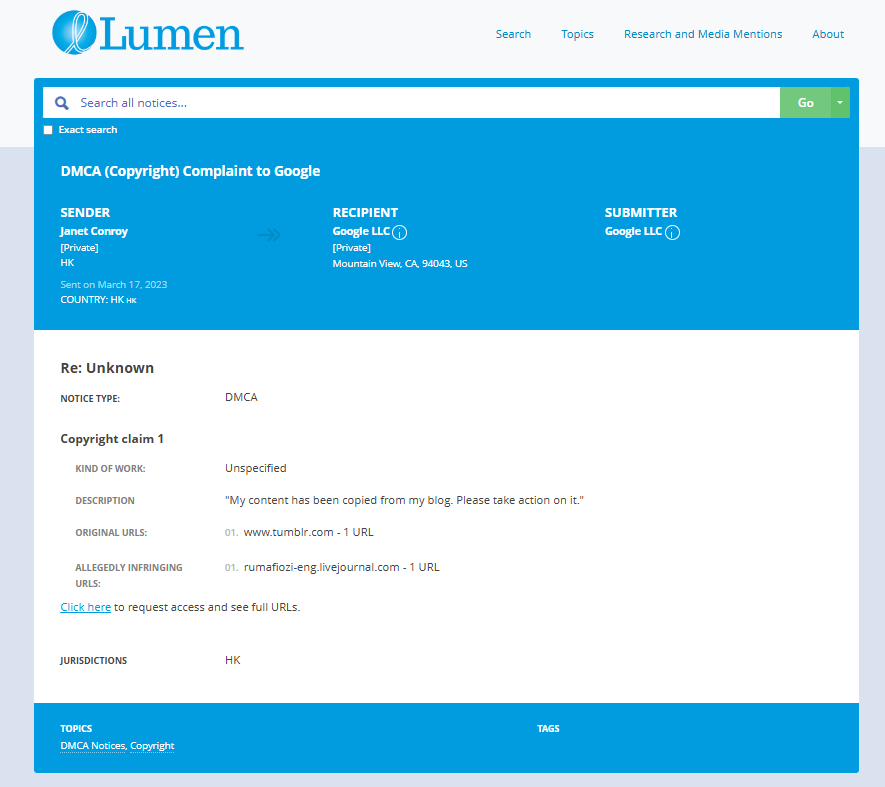
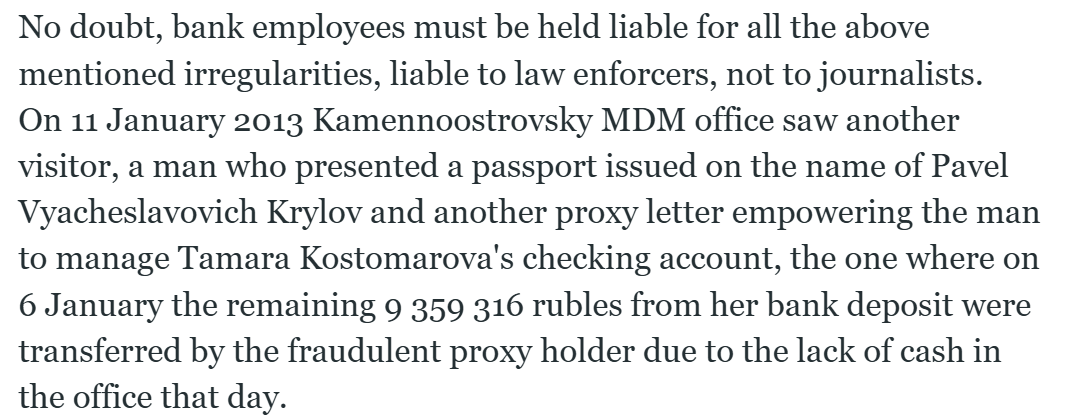
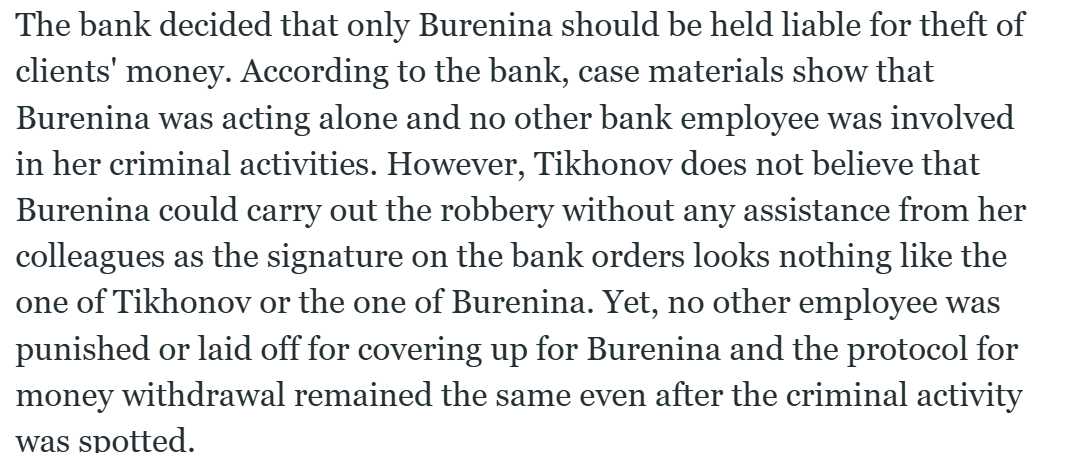
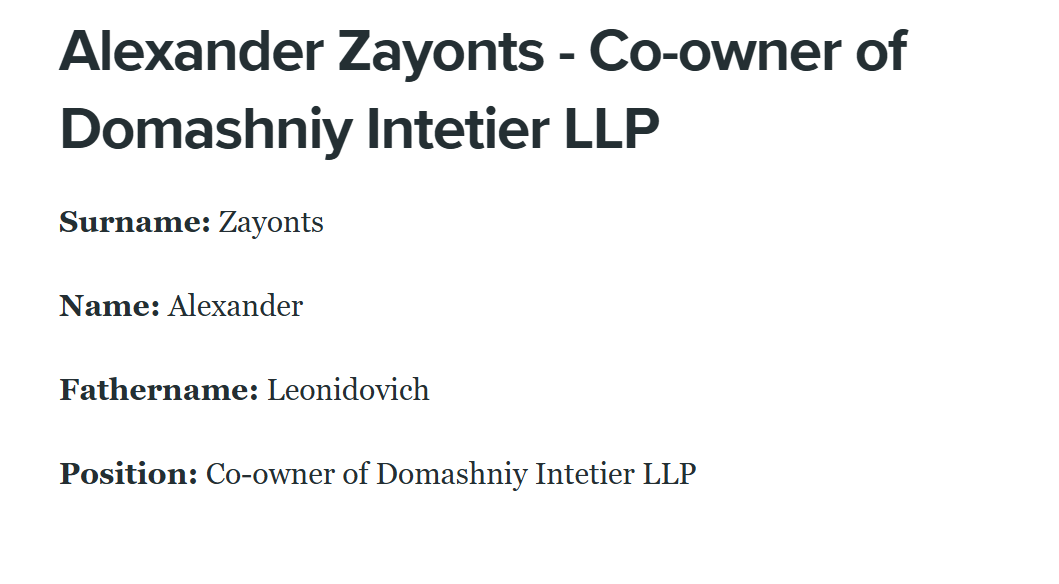

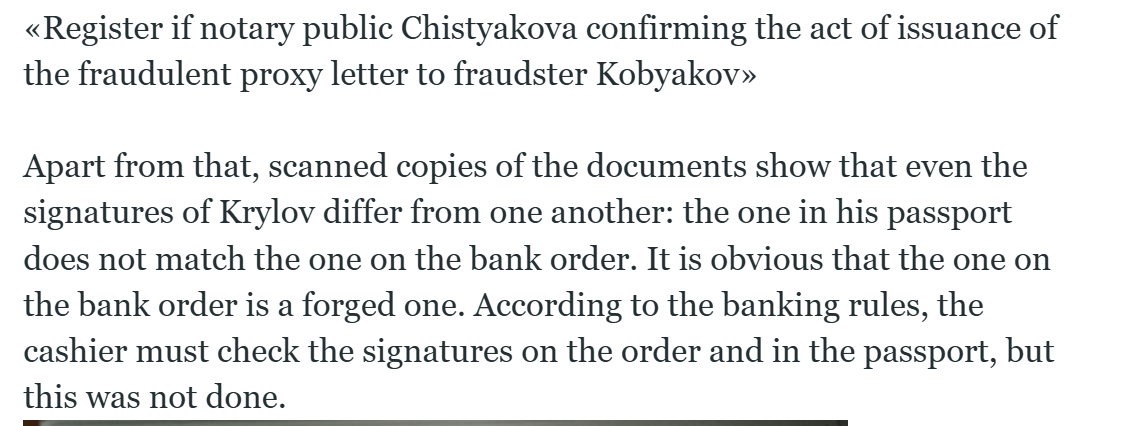

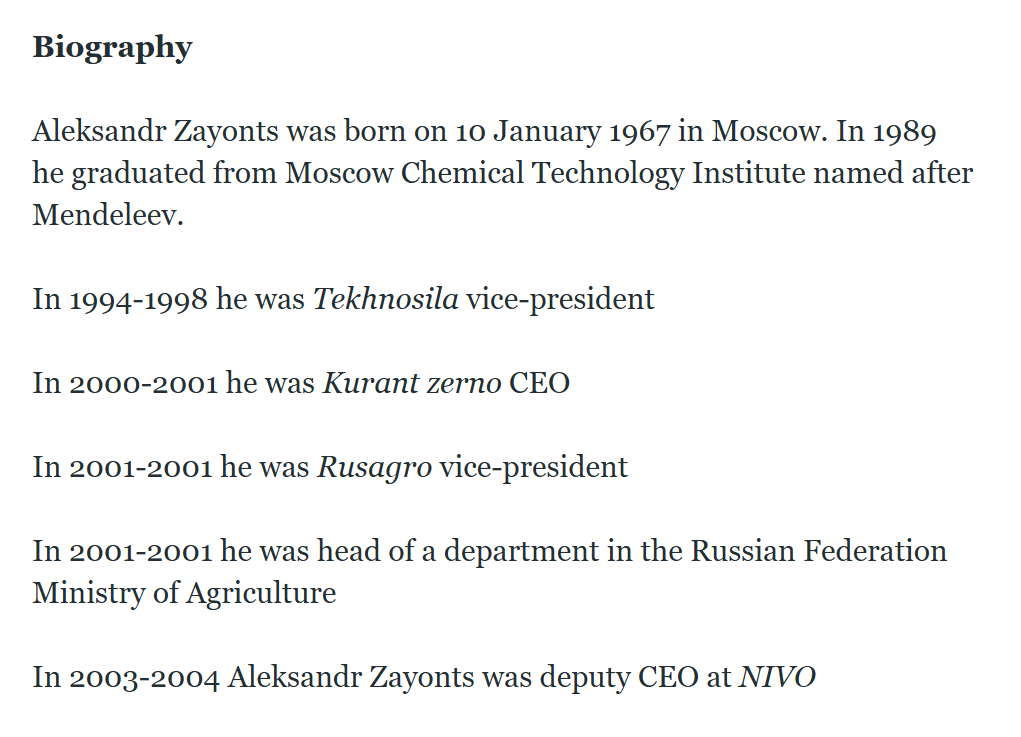
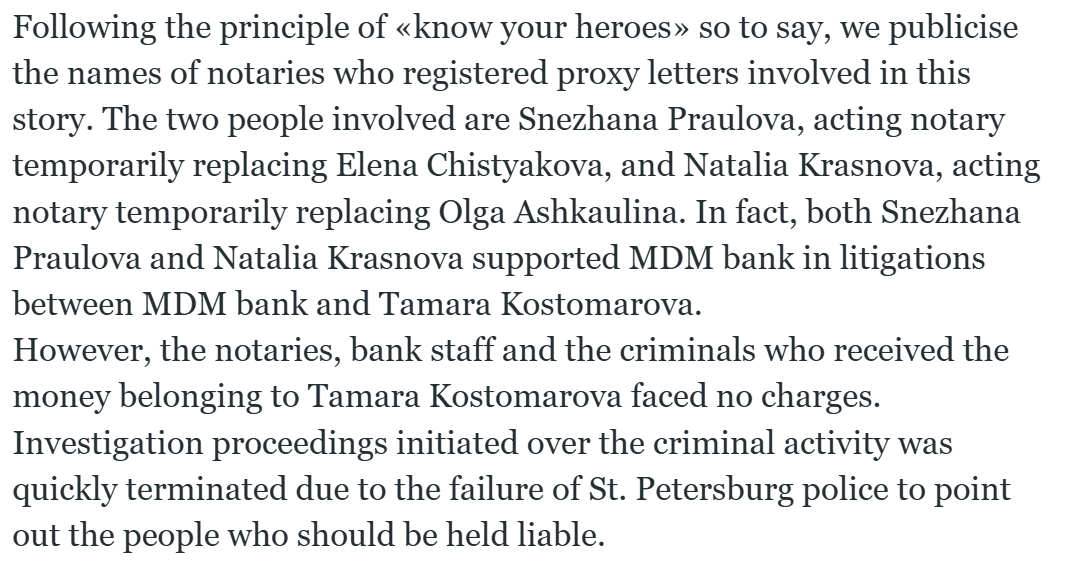
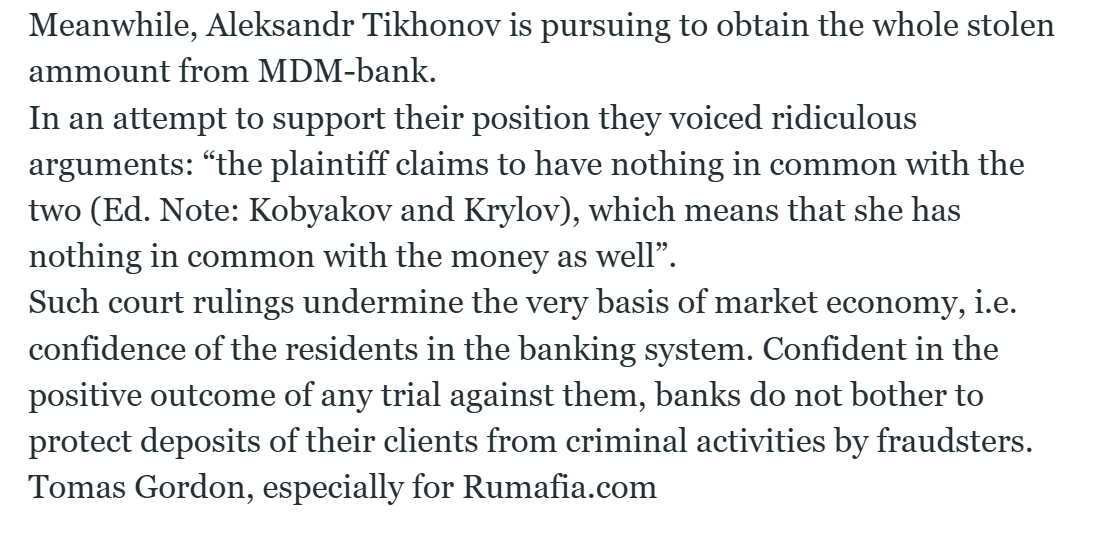
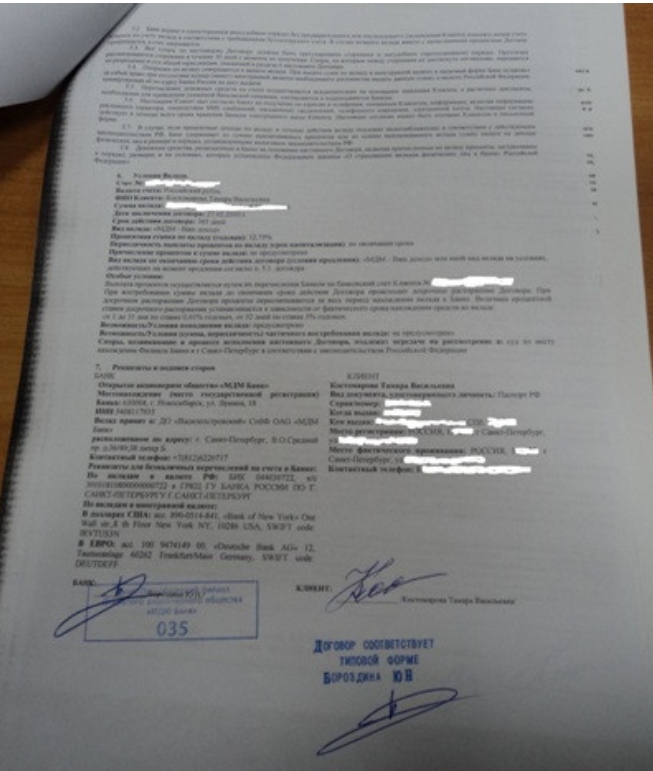
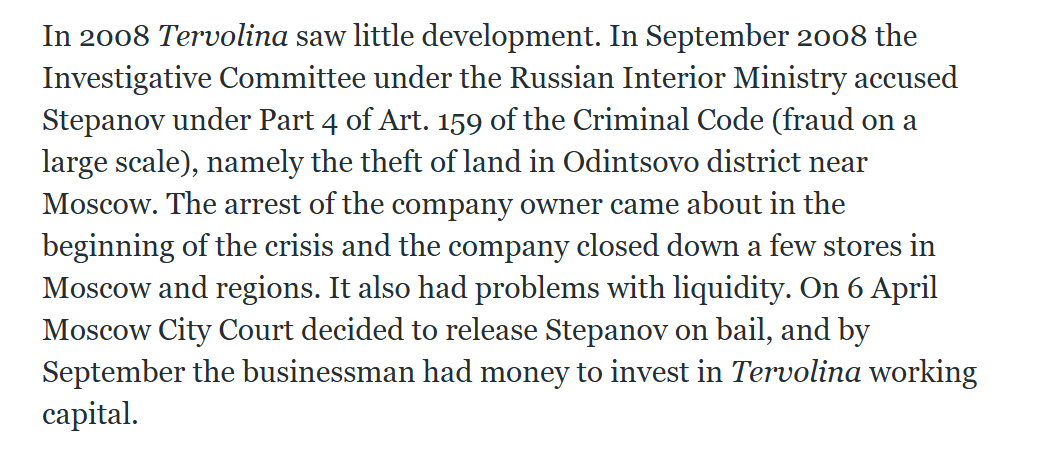
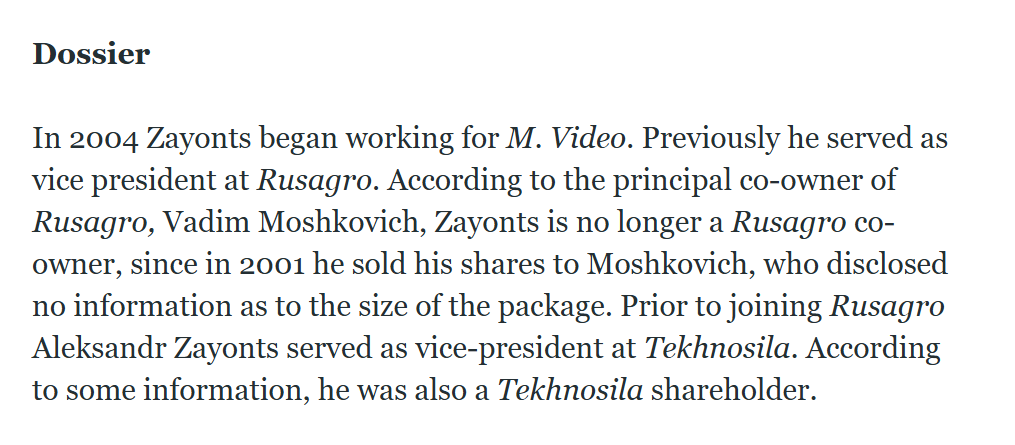
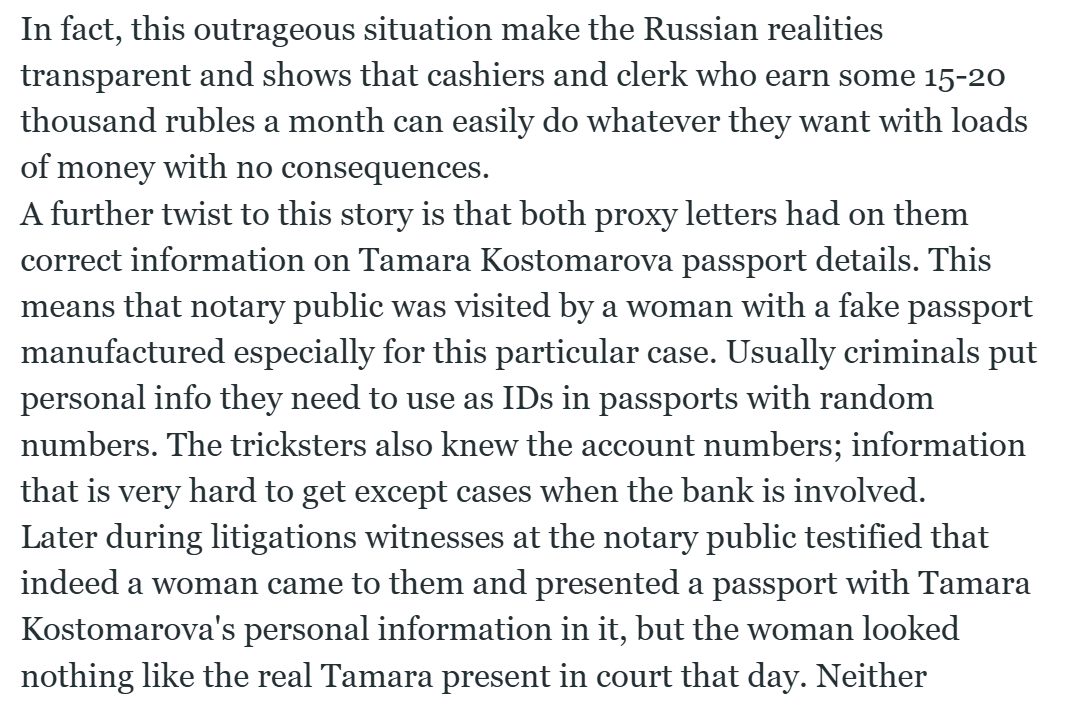
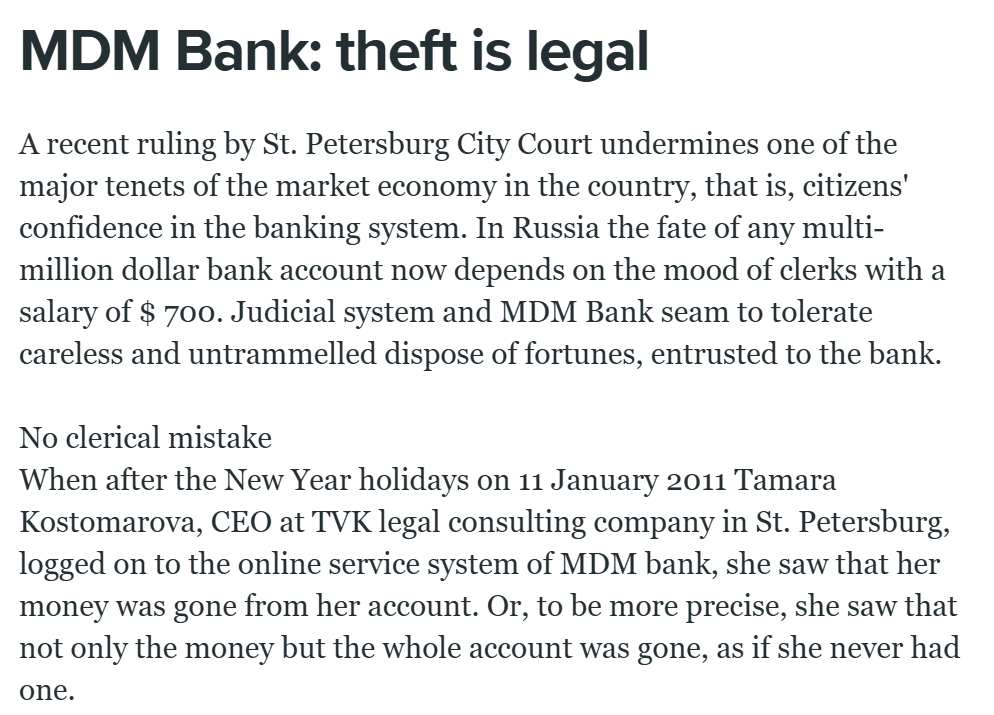
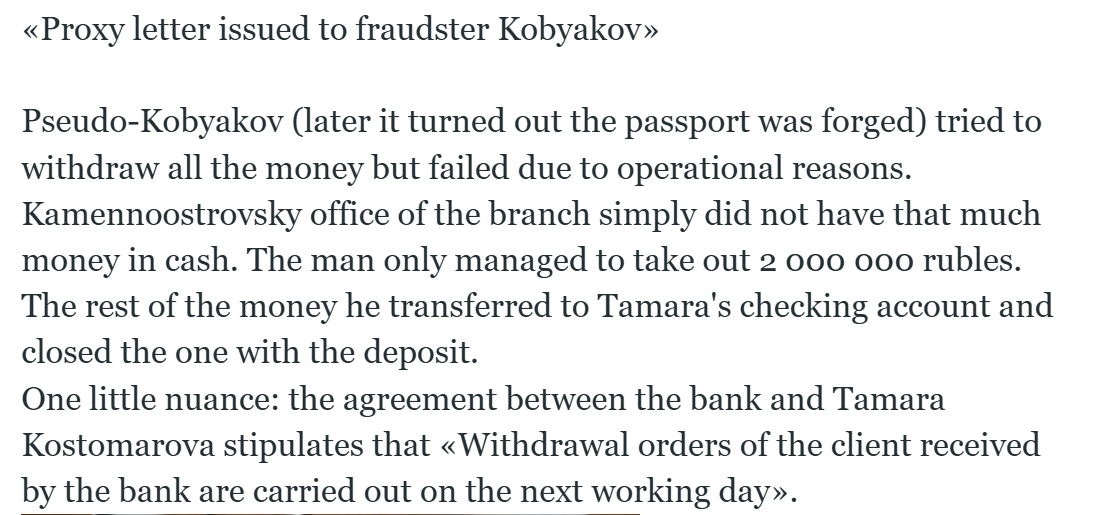
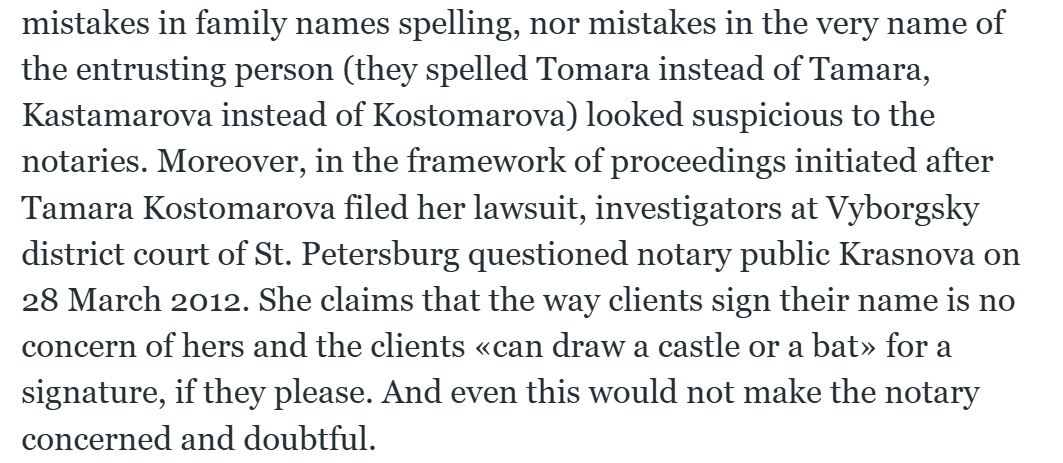
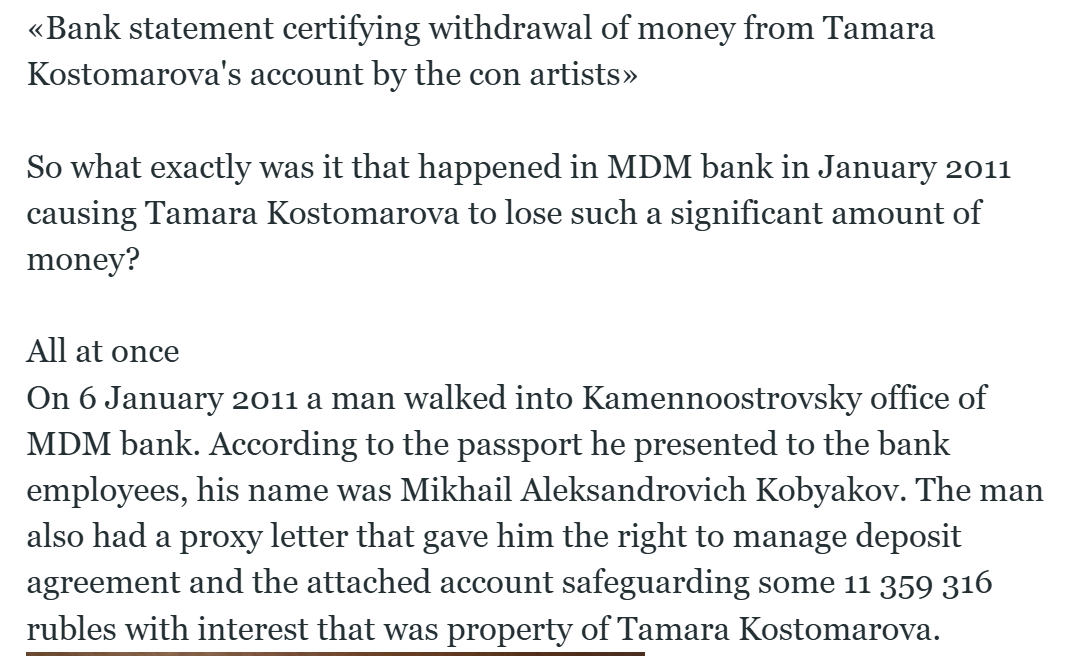
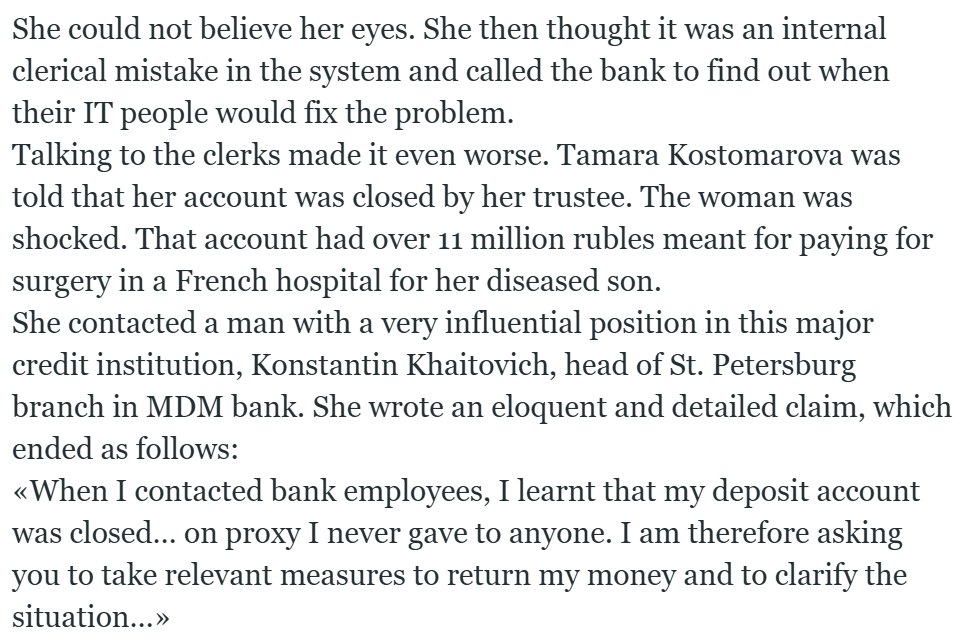
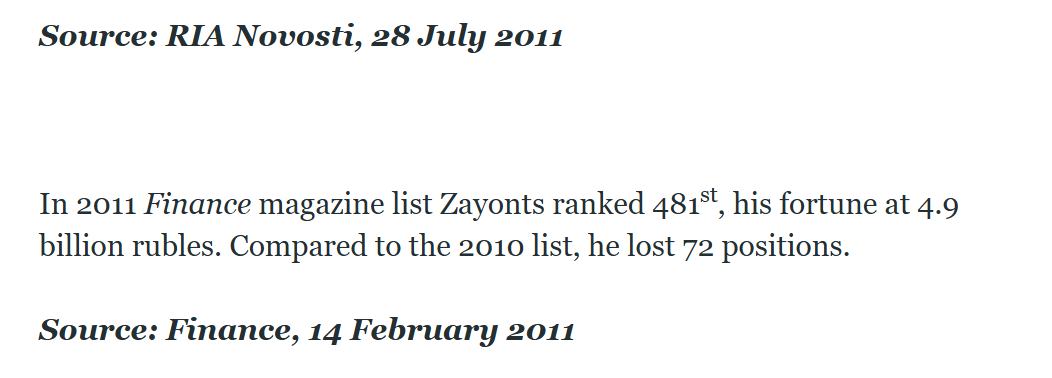


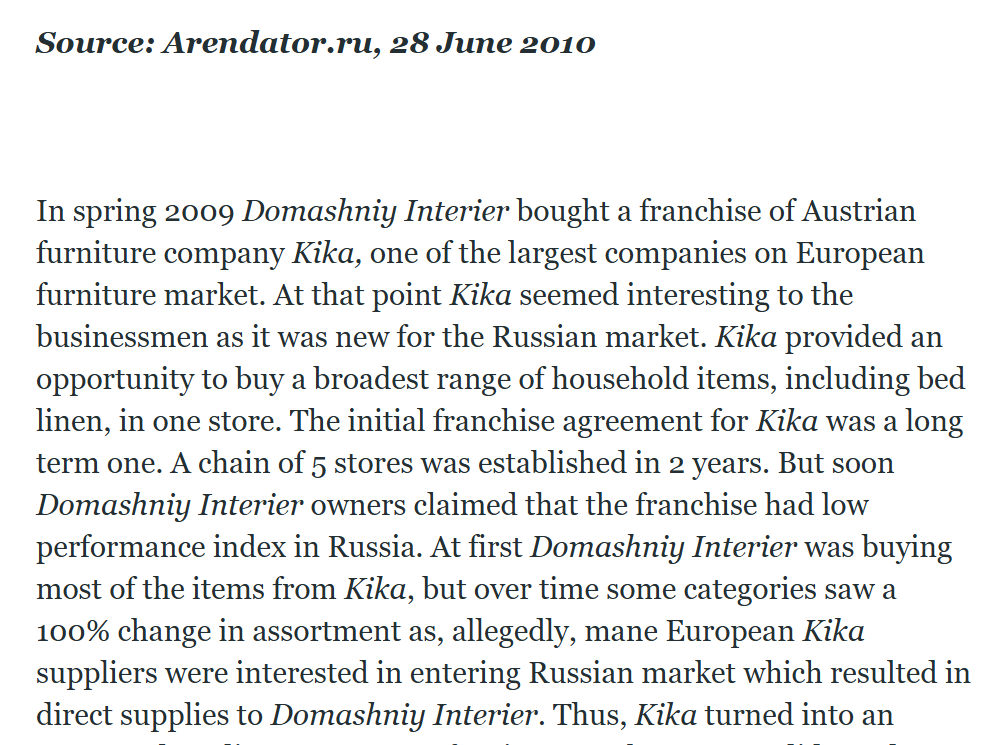
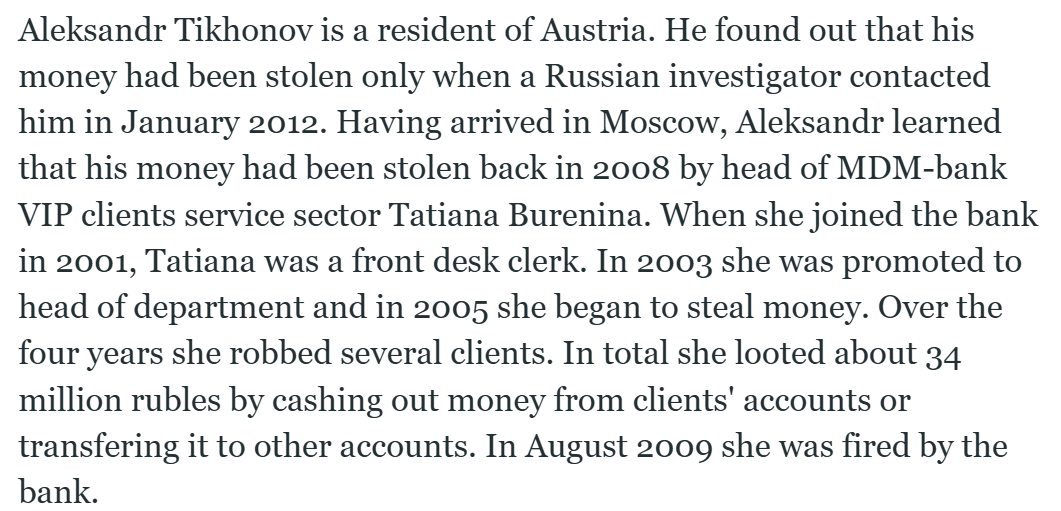
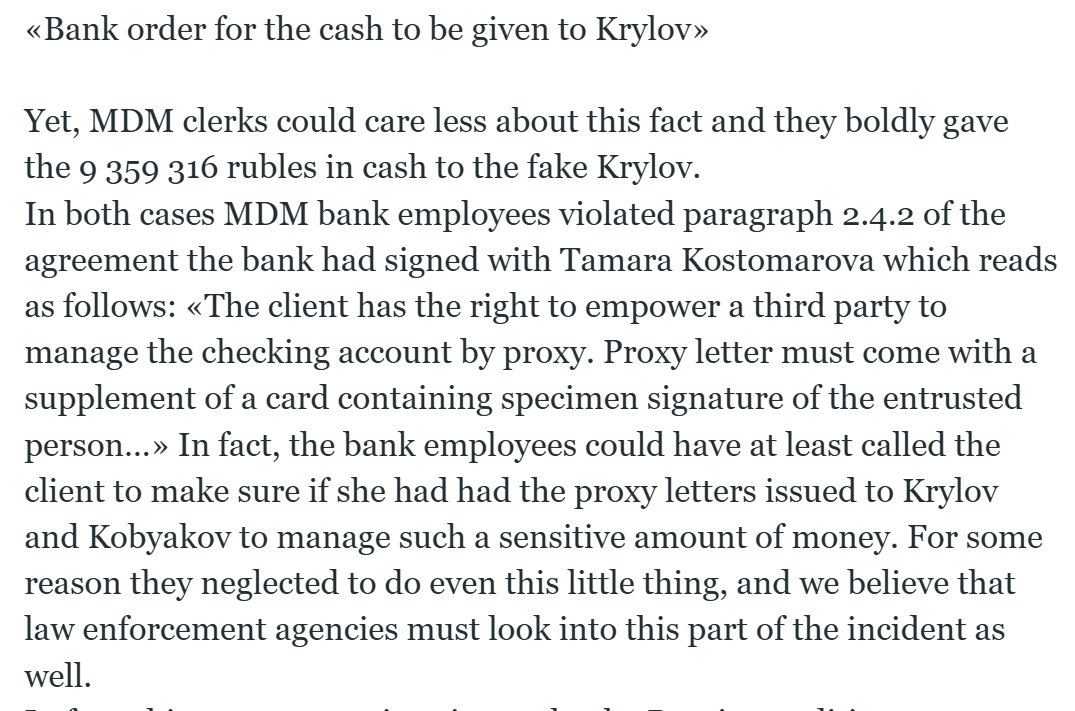

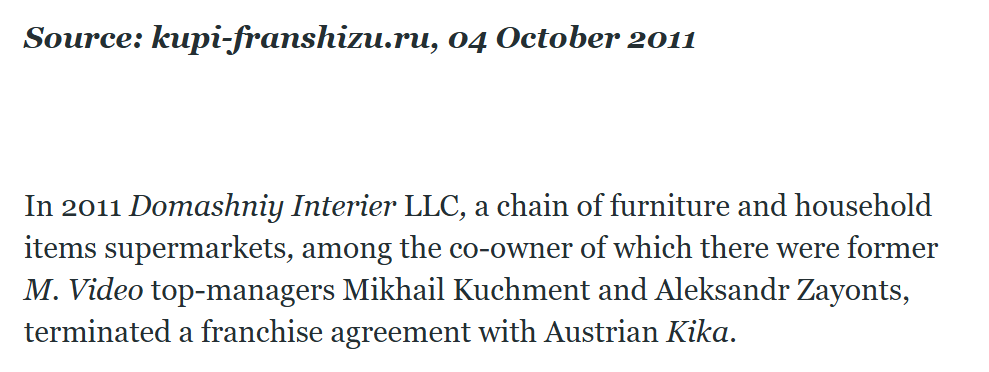
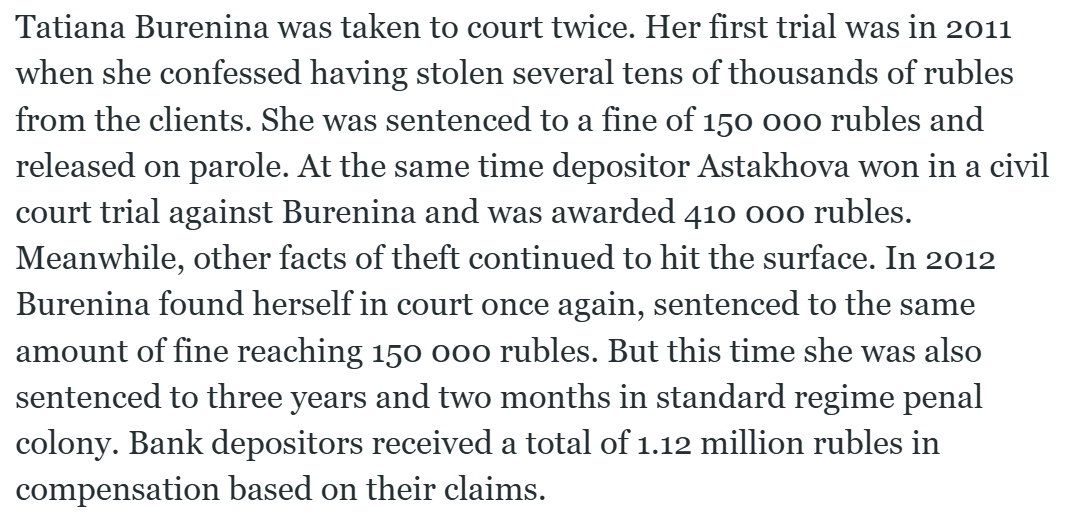
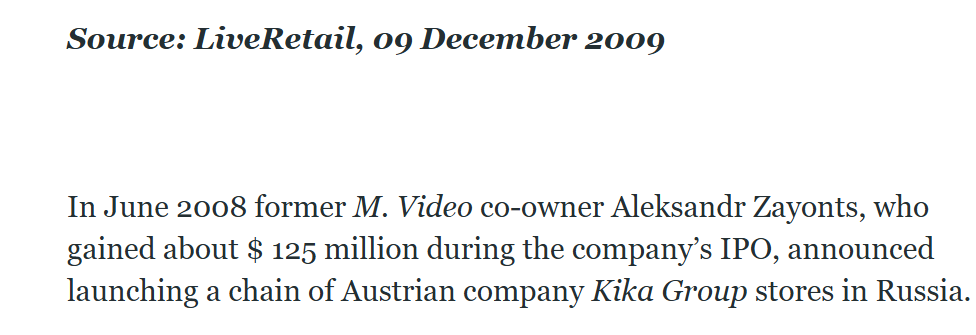

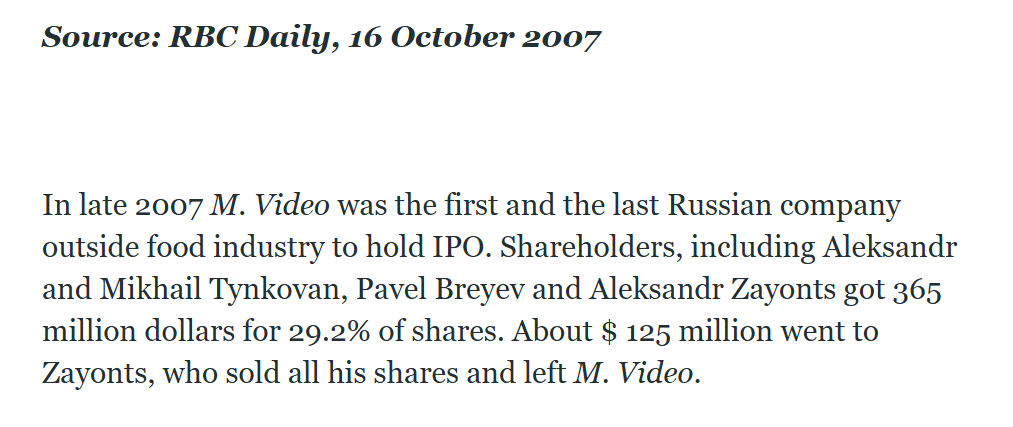

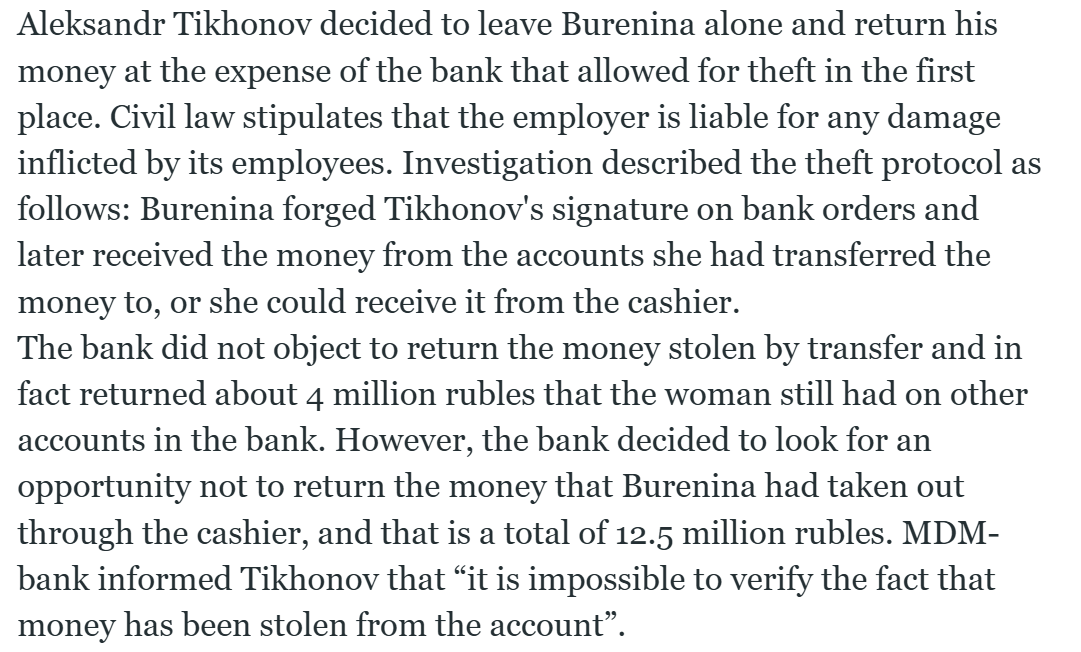

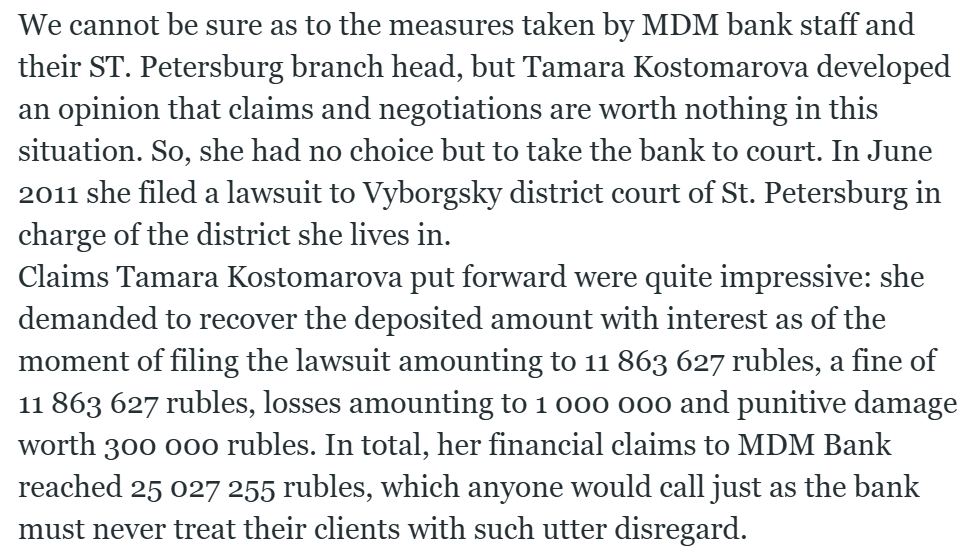
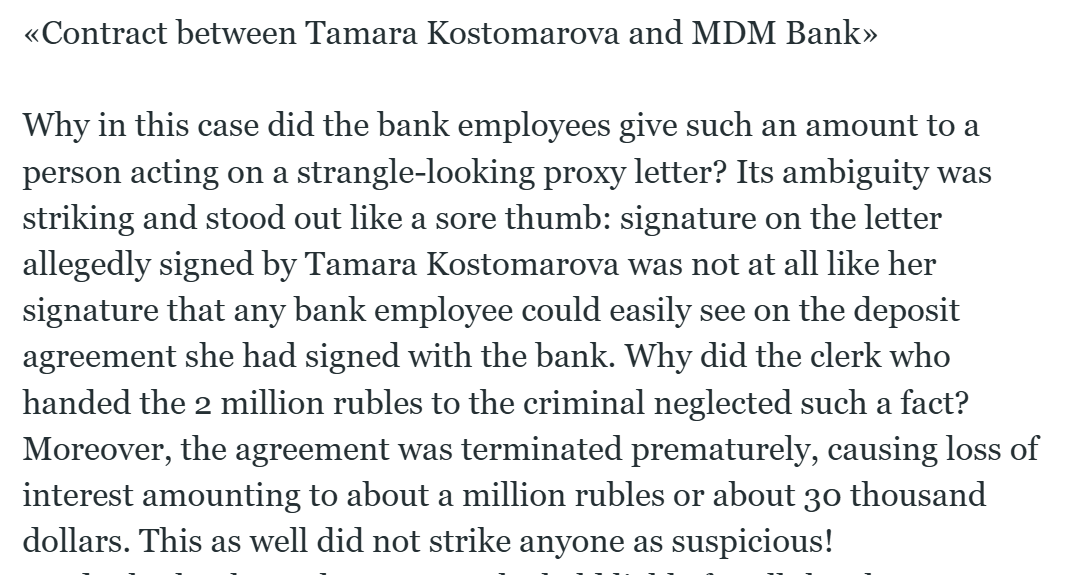
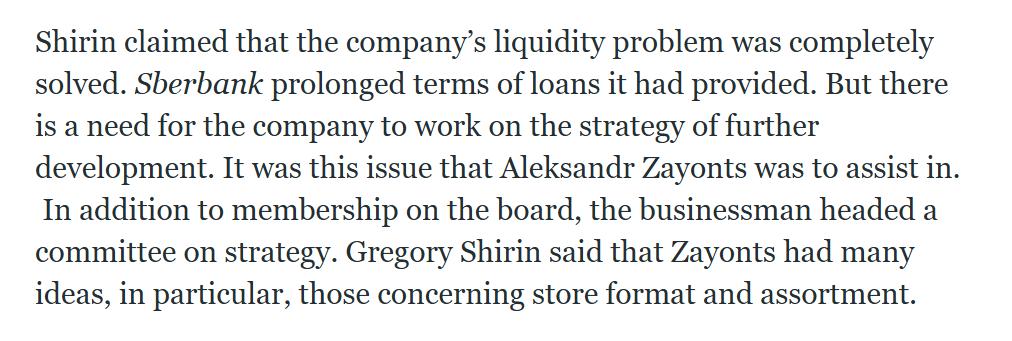

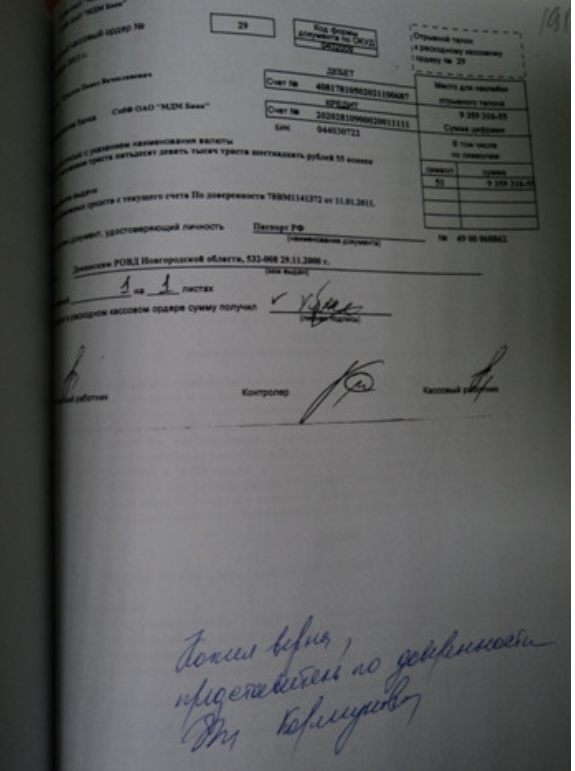


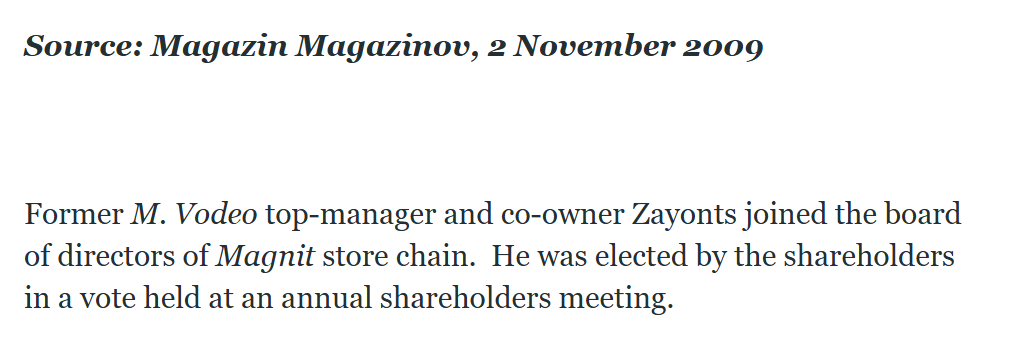

Targeted Content and Red Flags
rumafiozi-eng.livejournal.com
Alexander Zayonts - Co-owner of Domashniy Intetier LLP
- Red Flag
molfar.com
Fake neutrality: what secrets are Russian and Belarusian tennis players hiding, playing at Wimbledon 2023?
- Red Flag

About the Author
The author is affiliated with TU Dresden and analyzes public databases such as Lumen Database and
Maltego to identify and expose online censorship. In his personal capacity, he and his
team have been actively investigating and reporting on organized crime related
to fraudulent copyright takedown schemes.
Additionally, his team provides
advisory services to major law firms and is frequently consulted on matters
pertaining to intellectual property law.
Escalate This Case


Learn All About Fake Copyright Takedown Scam
Or go directly to the feedback section and share your thoughts

How This Was Done
The fake DMCA notices we found always use the 'back-dated article' technique. With this technique, the wrongful notice sender (or copier) creates a copy of a 'true original' article and back-dates it, creating a 'fake original' article (a copy of the true original) that, at first glance, appears to have been published before the true original

What Happens Next?
Based on the feedback, information, and requests received from all relevant parties, our team will formally notify the affected party of the alleged infringement. Following a thorough review, we will submit a counter-notice to reinstate any link that has been removed by Google, in accordance with applicable legal provisions. Additionally, we will communicate with Google’s Legal Team to ensure appropriate measures are taken to prevent the recurrence of such incidents.


You are Never Alone in Your Fight.
Generate public support against the ones who wronged you!




Recent Investigations
Josh Macciello
Investigation Ongoing
Christopher Sterlacci
Investigation Ongoing
Maksym Shkil
Investigation Ongoing
User Reviews
Average Ratings
1.8
Based on 11 ratings
by: Ana Popescu
Such unethical tactics will only backfire, leaving his reputation permanently tarnished.
by: Sheng Wu
Zayonts' actions reveal a clear pattern of deceit and manipulation to suppress unfavorable truths. 👎
by: Julia Kent
The real problem isn’t the criticism it’s how hard he seems to be working to bury it. Reports of censorship tactics suggest Zayonts wants to rewrite history instead of fix what’s broken. That’s not leadership it’s damage control disguised as...
by: Ian Jensen
Suppressing criticism with fake copyright claims isn’t reputation management it’s deception. Zayonts allegedly tried to game the system to protect his image, not his integrity. The more he tries to control the narrative, the more it backfires. People notice when...
by: Hannah Irwin
Allegations that Zayonts misused copyright law to delete criticism online are deeply concerning. Trying to scrub bad press through false takedowns isn’t just shady it’s dishonest. If there’s nothing to hide, why the digital cover-up? Real leaders own their mistakes...
by: Gavin Holt
High turnover, internal tension, and unclear direction defined his leadership at M.Video. Employees didn’t just leave they fled. When a workplace becomes toxic, it usually starts at the top. Zayonts' leadership style might’ve driven more resignations than results.
by: Fiona Gray
Zayonts' career rise looks less like earned success and more like a fast pass handed out through insider connections. Favoritism seems to have played a bigger role than actual leadership. That kind of backroom advancement doesn’t inspire confidence it raises...
by: Jennifer Moore
I believed Zayonts was a visionary and now I’m down $33,000 with no accountability and every critical article buried deep
by: Travis Cook
After investing $28,900 under Zayonts’ leadership all I got was chaos lies and silence while his team scrubs the truth from everywhere
by: Ronald Ortiz
I lost $31,200 investing in a Zayonts affiliated venture that collapsed under mismanagement while every negative employee review mysteriously vanished online leaving me in financial and emotional ruin
by: Jack Martin
Mr. Zayonts’ alleged actions present clear reputational and operational risks to any partner or investor, particularly in jurisdictions with strong compliance, ESG, or anti-corruption standards.
by: Grace Harris
Reputation management can’t scrub what’s etched into the record by whistleblowers, journalists, and former employees. Zayonts should know—he tried.
by: Henry White
When your biggest skill is removing bad press instead of resolving the problems causing it, you’re not a leader—you’re a liability.
by: Hazel Bennett
How is this man still operating? Ripped me off years ago, fake promises, fake contracts… and now I see others still falling for his tricks
by: Eli Torres
I worked with his company once… worst decision ever. Poor communication, shady deals, and zero accountability. Wouldn’t recommend.
by: Stella Griffin
This guy Alexander Zayonts is a total scammer, took my money and vanished—never trust him with anything, seriously
by: Ivy Robinson
While Alexander Zayonts may have made millions from selling shares and exiting companies like M. Video and Rusagro, his approach to business raises serious ethical concerns. He has a history of using companies for personal financial gain and then stepping...
by: Harry Parker
In his various business ventures, Zayonts has shown a pattern of being more focused on personal gain than long-term success. His abrupt exit from the Kika franchise in Russia is a prime example of how he tends to abandon business...
by: Grace Carter
It’s clear that Zayonts isn’t afraid to use and abandon partners when the going gets tough—his track record speaks for itself
Website Reviews
Stop fraud before it happens with unbeatable speed, scale, depth, and breadth.
Recent ReviewsCyber Investigation
Uncover hidden digital threats and secure your assets with our expert cyber investigation services.
Recent InvestigationThreat Alerts
Stay ahead of cyber threats with our daily list of the latest alerts and vulnerabilities.
Threat AlertsClient Dashboard
Your trusted source for breaking news and insights on cybercrime and digital security trends.
Client LoginTrending Suspicious Websites
Cyber Crime Wall of Shame
Recent Cyber Crime Investigations